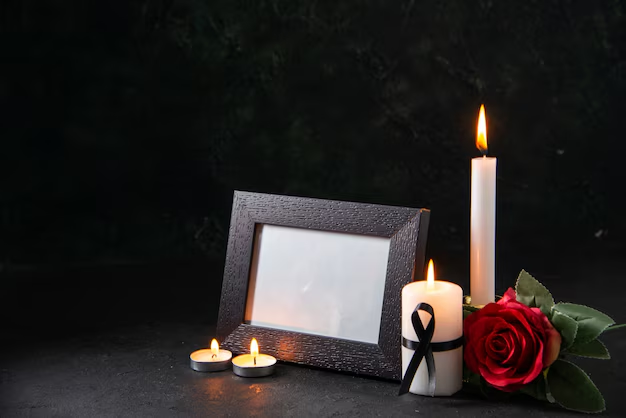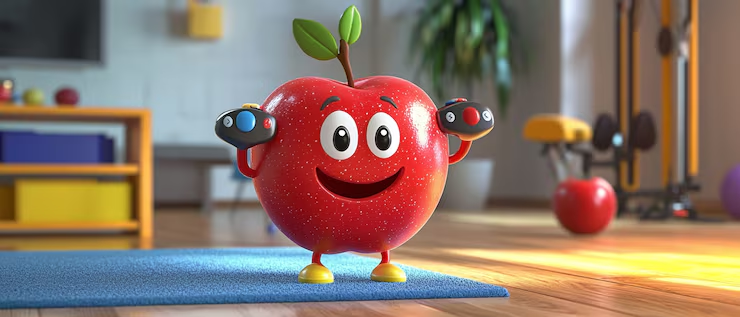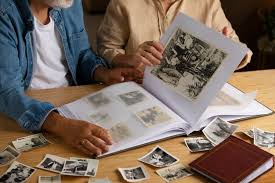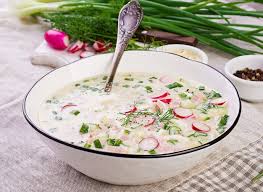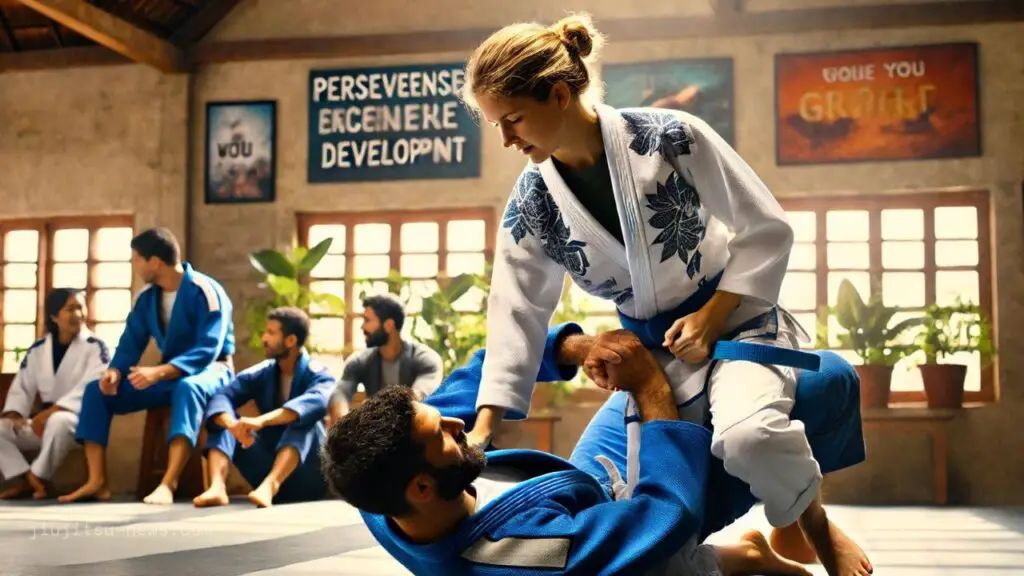
Title: BJJ Reading: The Ultimate Guide to Learning Brazilian Jiu-Jitsu Beyond the Mats
Brazilian Jiu-Jitsu (BJJ) is far more than a combat sport — it’s a philosophy, a mental game, and a lifestyle. While hours spent on the mat are essential for developing skill and reflex, another powerful but often overlooked way to enhance your BJJ journey is through BJJ reading. Diving into the right books, guides, and written resources can deepen your understanding of technique, mindset, and history. Whether you’re a white belt just starting out or a black belt sharpening your mental edge, the right reading material can dramatically improve your grasp of Jiu-Jitsu.
In this blog, we’ll explore the importance of BJJ reading, what types of books and resources to focus on, and how reading can transform your performance both on and off the mats.
What Is BJJ Reading and Why Does It Matter?
BJJ reading refers to studying Brazilian Jiu-Jitsu through written materials — books, manuals, journals, or even digital resources. It’s a way of learning concepts, principles, and philosophies that aren’t always covered in regular training sessions.
While rolling and drilling are the foundations of progress, reading enhances your intellectual and strategic understanding. BJJ is a sport of leverage, angles, and timing — and reading helps you internalize these principles so that they become second nature in live sparring.
Moreover, many world-class Jiu-Jitsu practitioners emphasize the importance of mental training. Reading teaches you to visualize techniques, analyze situations, and think critically — skills that directly translate into better decision-making during matches.
The Mental Edge in BJJ: How Reading Strengthens Your Game
In BJJ, physical strength is secondary to technical knowledge and problem-solving. That’s why reading is so powerful. It allows practitioners to absorb theoretical knowledge that refines their approach to training and competition.
Here are a few ways BJJ reading builds your mental edge:
- Strategic Understanding: Books on BJJ strategy help you recognize patterns, traps, and positional advantages.
- Conceptual Thinking: Instead of memorizing moves, reading teaches you concepts — such as base, posture, connection, and pressure — which are more adaptable and effective.
- Philosophical Growth: Many BJJ books explore discipline, humility, and persistence — values that shape your mindset both inside and outside the dojo.
- Visualization Training: Reading about techniques helps you mentally rehearse movements, improving muscle memory and reaction time.
When you combine these insights with consistent training, your overall game becomes smoother, more thoughtful, and far more effective.
Types of BJJ Reading Materials
There are various types of reading materials that can benefit every practitioner, regardless of rank. Here’s how you can categorize your BJJ reading for maximum learning impact.
1. Technical Books
These focus on the nuts and bolts of Jiu-Jitsu — techniques, submissions, escapes, and transitions. They often include detailed illustrations and step-by-step explanations.
Technical books are ideal for white and blue belts who want to reinforce their learning outside class. You can study concepts like guard retention, sweeps, and positional control at your own pace.
2. Conceptual Guides
Conceptual BJJ books focus less on individual moves and more on the principles behind them. They teach you how to think about Jiu-Jitsu, not just how to perform it.
These readings are perfect for intermediate and advanced practitioners who want to develop fluid, adaptable strategies instead of rigid sequences.
3. Biographies and Philosophical Works
The life stories of great grapplers and martial artists are filled with lessons on perseverance, failure, and self-improvement. Reading biographies or philosophical interpretations of martial arts can help you connect emotionally to your journey in BJJ.
These books remind you that the path to mastery is long and full of challenges — and that growth comes from embracing them.
4. Mindset and Psychology Books
Since BJJ is as much a mental game as a physical one, books about sports psychology, focus, and discipline are incredibly useful. They help you deal with plateaus, losses, and competition pressure.
5. Historical and Cultural Reading
Understanding where BJJ came from — its roots in Judo, its evolution in Brazil, and its modern global influence — adds depth to your appreciation of the art.
By learning about the pioneers of Jiu-Jitsu, you also develop a stronger sense of respect and connection to the community.
How BJJ Reading Improves Your On-Mat Performance
Let’s explore how time spent reading translates directly into better performance during training and sparring.
- Deeper Concept Retention – Reading reinforces what you learn during classes. When you revisit a concept through text, it strengthens memory retention and helps you recall it more effectively when rolling.
- Improved Visualization – Many top-level competitors visualize matches before stepping on the mat. Reading about techniques and strategies fuels this mental rehearsal process, making it easier to execute in real life.
- Broadened Knowledge Base – Through reading, you can learn from instructors and champions you may never meet in person. It’s like training with a global network of mentors through the pages of a book.
- Enhanced Problem-Solving – Reading sharpens analytical thinking. When stuck in a bad position, your mind becomes more capable of evaluating options and applying the right counter.
- Better Communication with Coaches – By learning the technical vocabulary of BJJ through reading, you can discuss techniques and corrections more intelligently with your instructors.
Integrating BJJ Reading into Your Routine
To make BJJ reading an effective part of your progress, treat it like another form of training. Here are some practical tips:
- Read with Purpose: Focus on one concept or position at a time. For instance, if you’re working on open guard this month, choose books or chapters that emphasize that topic.
- Take Notes: Summarize key insights, techniques, or mental strategies in a notebook. This reinforces learning and gives you something to review later.
- Apply What You Learn: Reading without application is incomplete. Bring at least one new idea or adjustment from your reading into every training session.
- Mix Reading Levels: Alternate between technical manuals and mindset books to balance intellectual and emotional growth.
- Read Consistently: Just as you train regularly, dedicate 15–30 minutes daily to reading. Small, consistent effort adds up over time.
The Role of BJJ Reading in Competition Preparation
Competitors in Brazilian Jiu-Jitsu often focus heavily on physical conditioning and drilling. However, elite competitors also study — a lot.
BJJ reading before competition can help in multiple ways:
- Game Planning: Understanding how to develop and adapt your game plan against different styles.
- Visualization: Reinforcing confidence through mental rehearsal and conceptual clarity.
- Stress Management: Books on sports psychology can teach breathing techniques and mindset shifts that calm nerves before stepping on the mat.
- Tactical Analysis: Reading about high-level strategies helps you anticipate situations during matches and respond more intelligently.
In short, reading gives you a competitive edge that goes beyond physical fitness — it equips you with mental sharpness.
The Connection Between BJJ Reading and Lifelong Learning
Brazilian Jiu-Jitsu is known as “the gentle art,” but it’s also called the art of constant learning. There is no endpoint — even black belts continue to evolve. Reading supports this lifelong journey by constantly feeding your curiosity and keeping your mind open to new perspectives.
Through consistent BJJ reading, you build a mindset that values patience, study, and curiosity. These qualities not only make you a better martial artist but also a more thoughtful, disciplined individual outside the dojo.
Final Thoughts: The Power of BJJ Reading
In a world where most people focus only on the physical grind, BJJ reading sets you apart. It’s the secret weapon that helps you connect the dots between theory and practice, mind and body.
By dedicating time to study the art — its techniques, history, and philosophies — you elevate your Jiu-Jitsu to a new level. You begin to see the sport not just as a competition, but as a lifelong journey of growth, humility, and self-discovery.



